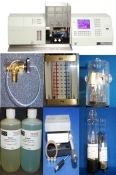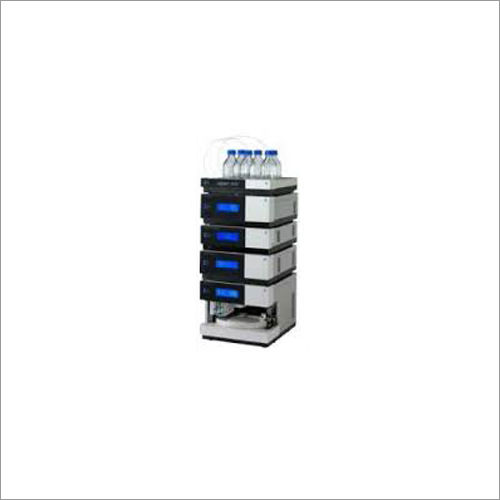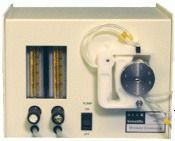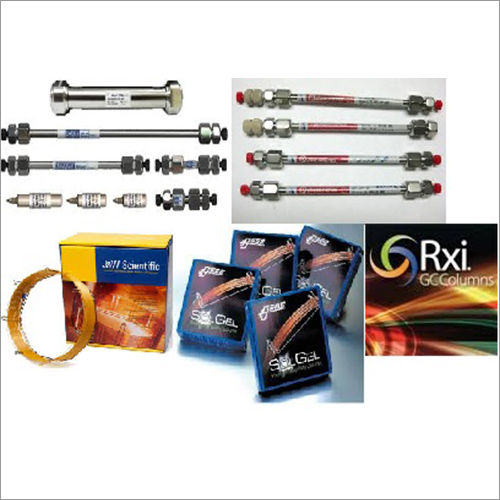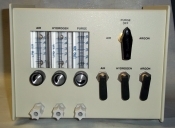
Cold Vapor & Hydride Generator
Product Details:
Cold Vapor & Hydride Generator Price And Quantity
- 1 Piece
- 5000 INR
Cold Vapor & Hydride Generator Trade Information
- MUMBAI
- 5-10 Piece piece Per Month
- 6-8 Week
- Western Europe Australia North America Eastern Europe Central America Middle East South America Asia Africa
- All India
- ISO CERTIFICATION 9001-2015
Product Description
Overview:
Using the classic chemistry defined by the Marsh Test for Arsenic and other hydride forming metals, and the Hatch and Ott cold vapor reaction specifically for Mercury. The model 1018 batch mode attachment for flame atomic absorption system allows low PPB and high PPT sensitivities for these elements, respectively.
Features:
Cold vapor method employs a simple acid matrix for the sample
and uses Stannous Chloride for the reducing reaction to generate
PPT level data for Mercury
Simplified installation to existing flame AAS and predefined
reaction chemistry allows an easy start up for rapid operation.
Quartz absorption cells easily fit over burner head on Buck 210/211
AA systems using included bracket for both hydride and cold vapor
operation. Buck does not make brackets for other AA systems.
Uses argon or Nitrogen for carrier gas, no need for Hydrogen for
most applications.
Hydride generation technique commonly used for As, Sb, Se and
occasionally for Sn, Bi, Te and Ge; uses common acids & sodium
borohydride reducing agent for low PPB detection limits in
prepared samples.
Meets the requirements for EPA standard methods 245.1, SW-846
and the 200 series potable water tests.
Compact size allows unit to be placed conveniently next to
systems.
and analysis in one vessel for high throughput work.

Price:
- 50
- 100
- 200
- 250
- 500
- 1000+
 English
English Spanish
Spanish French
French German
German Italian
Italian Chinese (Simplified)
Chinese (Simplified) Japanese
Japanese Korean
Korean Arabic
Arabic Portuguese
Portuguese Get A Quote
Get A Quote 




